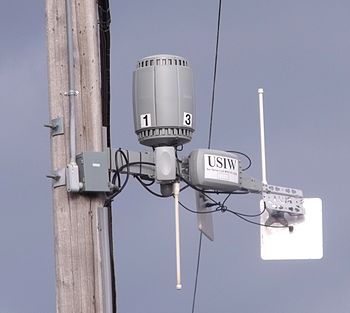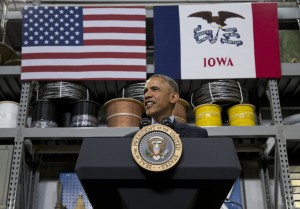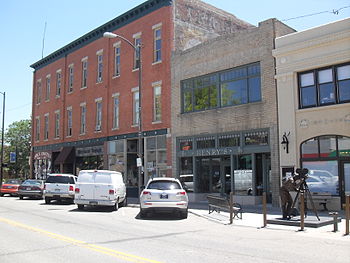Please read the entire article to understand the extent of what Wheeler is proposing. The lack of being able to prioritize content and possible scrutinization of peering arrangements is the most troublesome to me. The inability to prioritize content puts the OTT providers at a disadvantage to the incumbent service providers that are the ISP too because it does not allow them to provide the same quality of service as the incumbents do with their voice and video out of band.
Author Stephen Hardy
Federal Communications Commission (FCC) Chairman Thomas Wheeler today unveiled his new attempt to implement Net Neutrality. As had been signaled for several weeks, the plan involves limited application of Title II reclassification of Internet service provision as a telecommunications service. Continue reading








![minnesota-hooks-up-10-gb-fiber-network[1]](https://inphotonicsresearch.com/wp-content/uploads/2014/12/minnesota-hooks-up-10-gb-fiber-network1-1024x576.jpg)